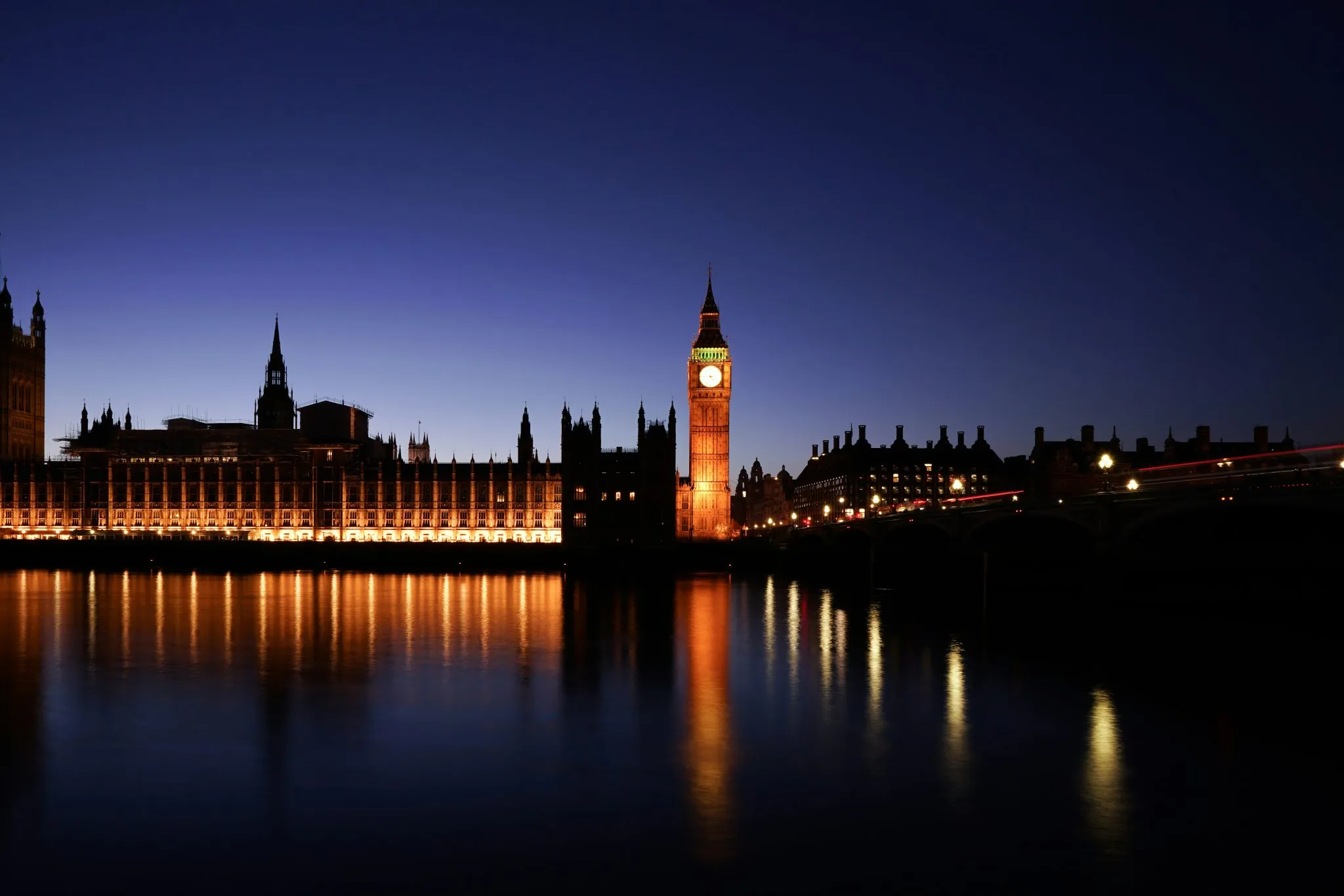Landmark legal victory means Northern Ireland-born British & Irish treated as EU citizens
Following a significant change to the UK Immigration Rules, dual Irish & British citizens born in Northern Ireland will now be treated as EU citizens for immigration purposes. This means they will be able to sponsor their family members to gain status under the EU Settlement Scheme in time for Brexit. IAS lawyer, John Cahill, explains more.
Call us on 0333 305 9375 to find out more about how this could affect you and your family.
We are currently offering all services over telephone and video call.
Read our 1001 reviews
British-Irish Dual Citizens Able to Sponsor Their Family Members in Time for Brexit
Following a significant change to the Immigration Rules, dual Irish & British citizens born in Northern Ireland will now be treated as EU citizens for immigration purposes. The changes to the Immigration Rules were laid before parliament on 14 May 2020 and are due to come in to effect on 24 August 2020.
Prior to this change, people born in Northern Ireland, who have the right under the Good Friday Agreement to hold both Irish & British citizenship, were regarded by the UK government as being British-only, for immigration purposes.
The success of the challenge to this position by the campaigners Emma de Souza and her US-born husband, Jack, has some very important implications:
Northern Ireland-born dual Irish & British citizens are now able to sponsor family members under the Immigration Rules known as Appendix EU (brought in to replace the Immigration (European Economic Area) Regulations 2016 in anticipation of the UK’s withdrawal from the European Union).
Eligible family members of relevant Northern Ireland citizens will now be able to apply for immigration status (or Family Permits if abroad) under the EU Settlement Scheme, free of charge and without having to pay the substantial fees and health surcharges under the existing family route Immigration Rules (Appendix FM). The financial requirement and English language requirement will be by-passed and dependent parents will avoid having to meet the stringent Adult Dependent Relative rules.
“Northern Ireland-born dual Irish & British citizens are now able to sponsor family members under the Immigration Rules known as Appendix EU”
With the UK’s proposed withdrawal from the EU in 2021, the above opportunities this change in the Immigration Rules affords to eligible family members of relevant Northern Ireland means applicants will have to move fast.
“Eligible family members of relevant Northern Ireland citizens will now be able to apply for immigration status […] under the EU Settlement Scheme, free of charge…”
Our immigration lawyers can assist you by:
- Advising you on the EU Settlement Scheme and assessing your eligibility to sponsor family members
- Assisting you with applications under the Appendix EU so that you are able to sponsor non-EEA family members who want to gain status under the EU Settlement Scheme in the UK
- Assessing your eligibility for dual citizenship if you have an Irish heritage claim
Our lawyers are experienced in all areas of EU, nationality, and family immigration law. An IAS lawyer will leave no stone unturned when it comes to working on your case and ensuring you the best possible chances of success.
We can assist clients all over the world. We have offices located across the UK, including in London, Manchester and Birmingham, and we also offer remote appointments.
Call us now on 0333 305 9375 to find out more about how these changes could affect you and your family’s future, or to arrange your first session with one of our expert lawyers.
Table of Contents
Table of Contents will appear here.Legal Disclaimer
The information provided is for general informational purposes only and does not constitute legal advice. While we make every effort to ensure accuracy, the law may change, and the information may not reflect the most current legal developments. No warranty is given regarding the accuracy or completeness of the information, and we do not accept liability in such cases. We recommend consulting with a qualified lawyer at Immigration Advice Service before making any decisions based on the content provided.















